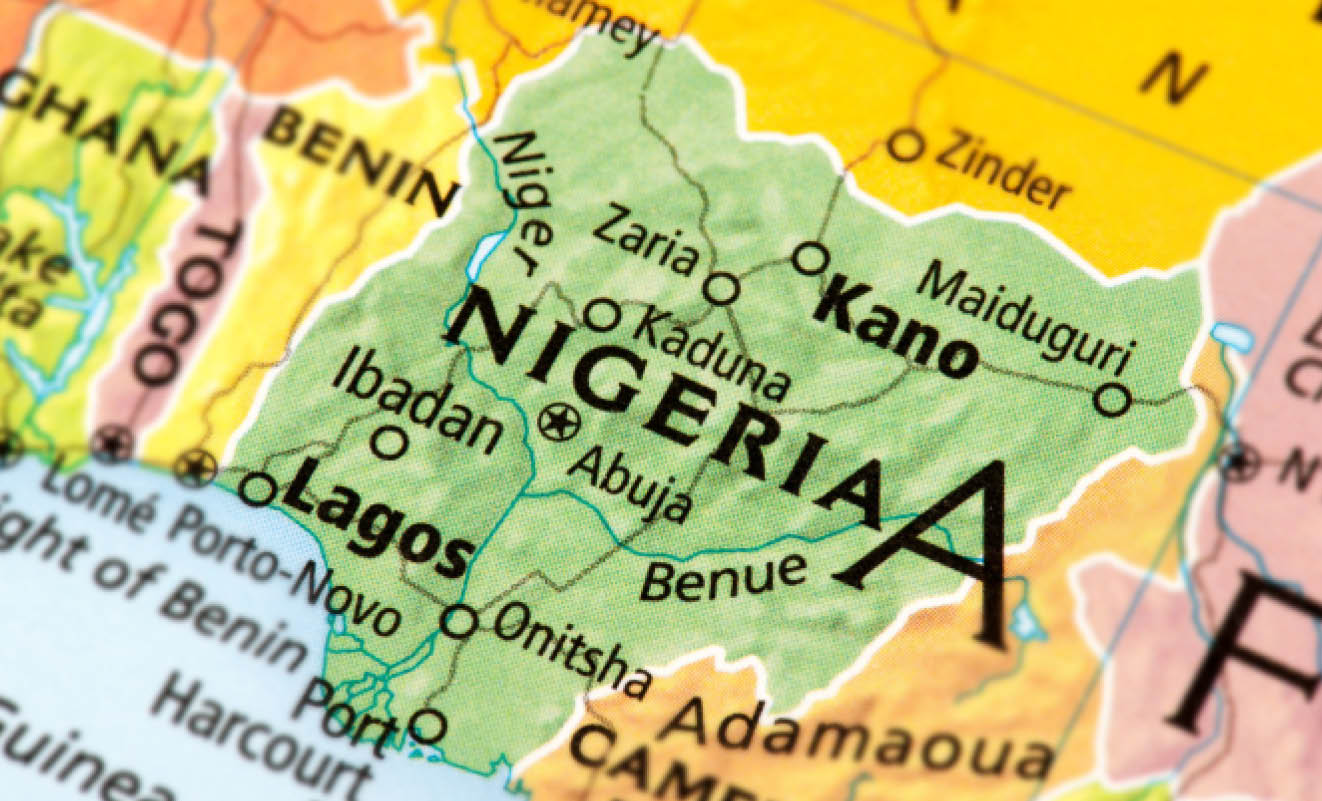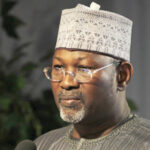Historically, economic growth has been synonymous with progress and a route to prosperity, but for lots of African countries from the statistics to the lived experience, there is a gaping divide. The narrative of growth without the concomitant tangible upliftment of citizens has been a consistent and disconcerting trend across Africa.
While GDP figures often indicate a very rosy outlook for economic expansion, the reality on the ground can be quite different. The apparent disconnect between macroeconomic indicators and well-being at an individual level is very complexly linked to historical, structural, and policy-related factors and therefore requires a deeper understanding of why economic growth often does not translate into significant improvements in citizens’ welfare.
The notion that GDP growth inevitably results in an improvement in living standards is a simplistic viewpoint that neglects the reality of modern development. According to Arthur Lewis’s Dual Sector Model, underdeveloped economies, typical of African countries, are characterised by a small (capitalist) industrial sector and a very large (agricultural) subsistence sector.
The majority of the population resides or is employed in the former, while growth is often concentrated in the latter and does not trickle down to the poor in the larger subsistence economy. This leads to a situation in which GDP grows primarily due to the impact of sectors such as oil, finance, or telecommunications, but does not affect the rural farmer, the urban informal worker, or the small-scale trader.
- Maiduguri flood: Dantata donates N1.5bn, NEDC N3bn to victims
- LP crisis: Nenadi Usman remains PDP member – Abure
The recent performance of the Nigerian economy aptly reflects this dichotomy. The oil and services sectors, which contribute the most to national income but employ only a small fraction of the workforce, largely drive the reported growth in GDP. This implies that the benefits of the economic expansion will only affect a small proportion of the populace without trickling down to the general population which constitutes the poor segment of the economy.
Simply put, oil revenue in Nigeria has not translated into broad-based economic development, with the benefits accruing to a limited elite, thus perpetuating inequality and stifling inclusive growth. In Nigeria, despite growth, unemployment remains stubbornly high, and poverty rates have not seen commensurate declines. This is a classic example of jobless growth, where economic expansion does not create sufficient employment opportunities.
The economic growth amidst widespread misery is very obvious, especially in Nigeria’s current economic outlook. While GDP grows at 3.19 per cent in the second quarter of 2024, largely driven by the oil and services sectors, the country is persistently struggling with severe economic challenges that make life unbearably hard for the majority of its people. For instance, inflation, as reported by NBS, rises to nearly 40 per cent in Q2 2024, eroding the purchasing power of the middle class and making the basic necessities increasingly unaffordable. Similarly, unemployment remains a significant concern, with recent data highlighting the alarming disconnect between economic growth and job creation.
As the International Labour Organisation observed, decent work is a crucial component of poverty reduction. In the absence of structural reforms, economic growth in the current form will continue to benefit a narrow segment of the population at the expense of the poor.
This economic paradox is further intensified by the widespread poverty that continues to afflict Nigeria, revealing a significant disconnect between reported economic growth and the harsh realities faced by millions of its citizens. For example, the World Bank reports a significant rise in Nigeria’s poverty rate, from 40 per cent in 2018 to 46 per cent in 2023. This sharp increase has pushed additional millions of Nigerians below the national poverty line, bringing the total number of people living in poverty to 104 million.
Many economics experts have pointed out that the recent policy decisions of the federal government, notably the fuel price hike and market-driven exchange rate, are likely to exacerbate this situation, pushing even more Nigerians into poverty, especially as workers’ salaries fail to keep up with the rapidly increasing cost of living.
This stark contrast between rising GDP figures and the ongoing economic hardship faced by much of the population raises critical questions about the true nature of Nigeria’s growth and its inclusiveness. The lack of progress in reducing poverty alongside economic expansion points to a fundamental imbalance in how growth is distributed and experienced across different segments of society. It highlights the inadequacies of relying solely on GDP as a measure of economic success.
The limitations of GDP as a measure of well-being highlight the need for a broader understanding of development that goes beyond economic output. Amartya Sen’s Capability Approach critiques traditional measures, emphasising that true development should be gauged by the expansion of individual freedoms, choices, and capabilities, such as access to education, healthcare, and social participation.
Without these foundational elements, economic growth does not equate to real progress. In many African nations, insufficient investment in human capital such as healthcare, education, and social safety nets exacerbates inequality and limits the potential for broad-based economic development.
Despite economic growth, underfunding in these crucial sectors leads to a less skilled workforce, unable to adapt to the evolving demands of the economy. This inadequacy is further compounded by systemic issues such as weak governance, corruption, and inefficient resource allocation. Many African countries lag in public spending on education and healthcare, resulting in substandard services and infrastructure.
The experiences of countries like South Korea and Singapore illustrate that growth alone is not enough; it must be inclusive and broad-based. These nations have successfully transitioned from low-income to high-income status by pursuing growth strategies that emphasize human capital development, infrastructure, and inclusive institutions.
South Korea’s post-war economic miracle was not just a story of rapid industrialisation; it was also a story of massive investments in education, health, and equitable social policies that ensured the benefits of growth were widely shared. In contrast, many African countries have not yet made the leap from extractive to inclusive economic institutions.
As described by Acemoglu and Robinson in “Why Nations Fail,” inclusive institutions that provide opportunities for all, uphold property rights, and invest in public goods are fundamental to sustainable development. Without these, growth will continue to be skewed, benefiting the few while leaving the many mired in poverty.
This ugly and reoccurring trend of economic growth without a resultant positive impact on the general well-being of the people constitutes a persistent phenomenon that demands a re-think in development thought. Growth that does not alleviate poverty or provide jobs is simply development that has failed in its purpose.
The disconnection of economic growth from citizens’ well-being requires that African policymakers must adjust their approach towards inclusive growth strategies as implemented or being implemented in other climes. For making growth spawn visible improvements in standards of living, structural adjustments are required towards an improved business climate including security, better education and healthcare and social safety nets for the vulnerable poor, among others.
Ahijo can be reached via [email protected]

 Join Daily Trust WhatsApp Community For Quick Access To News and Happenings Around You.
Join Daily Trust WhatsApp Community For Quick Access To News and Happenings Around You.


